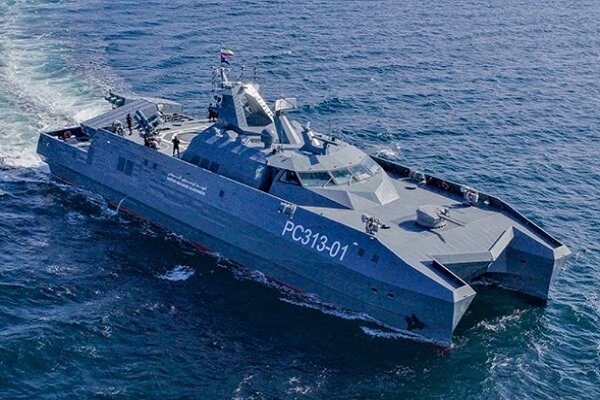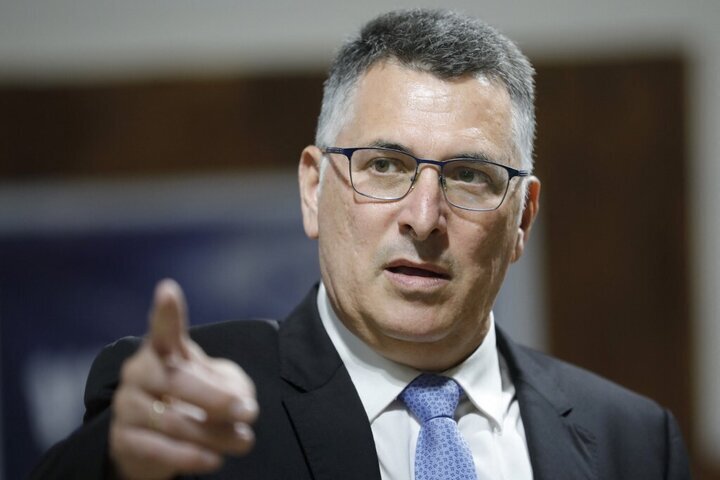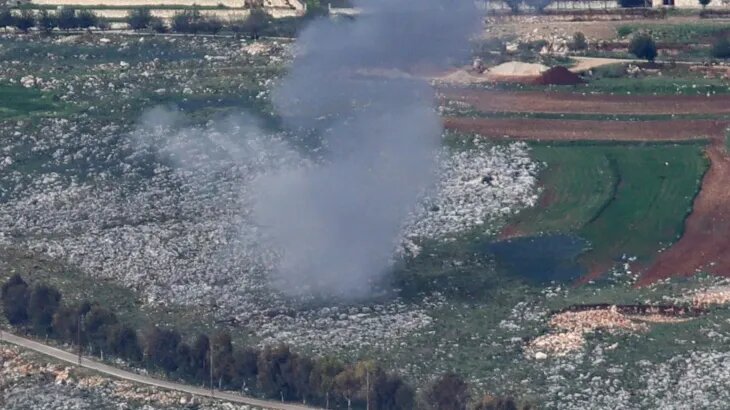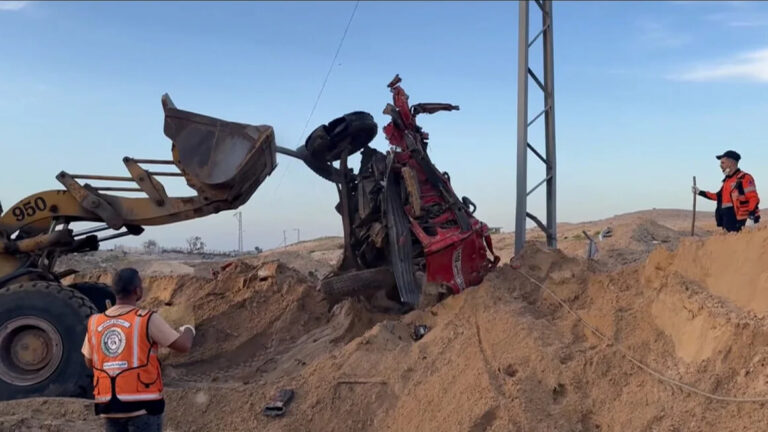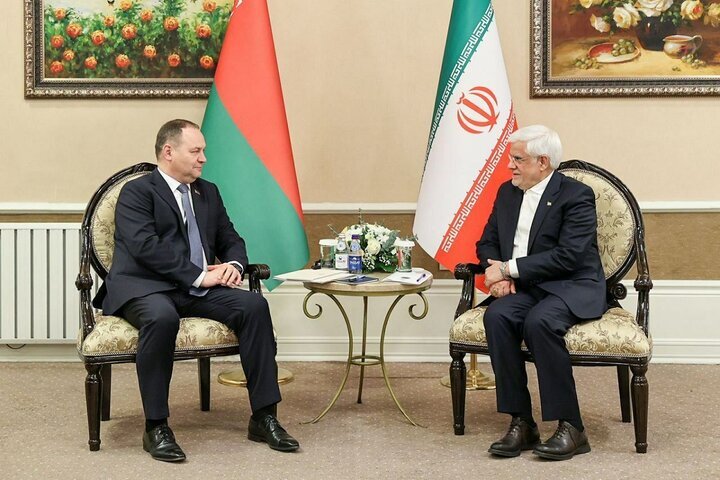IRGC Navy Ships Make Historic Stop at UAE’s Khalid Port
In recent developments highlighting the strengthening of defense and military cooperation between Iran and the UAE, the Islamic Revolutionary Guard Corps (IRGC) naval fleet has made a notable entrance into Khalid Port in Sharjah. This visit marks a significant milestone in the relationship between the two nations, showcasing their commitment to enhancing regional security.
According to reports, four naval ships from the IRGC and the Iranian Army have docked in the United Arab Emirates. This visit, as announced by the IRGC Navy commander, is described as the first of its kind, indicating a shift towards closer military ties in the Persian Gulf region.
Navy Rear Admiral Alireza Tangsiri emphasized that Iran is keen on fostering security among regional nations, arguing that foreign military presence is unnecessary for achieving stability. He stated, “Iran has repeatedly said that regional countries can ensure regional security, stressing that foreign presence is not needed.” This sentiment resonates with Iran’s ongoing efforts to promote self-sufficiency and cooperation among neighboring countries.
Key Points About the IRGC’s Naval Visit
- The IRGC naval fleet’s arrival at Khalid Port is a significant event for Iran-UAE relations.
- This visit includes four naval ships from both the IRGC and the Iranian Army.
- The IRGC Navy commander indicated that this visit is unprecedented.
- Iran’s stance is that regional countries should independently manage their security without foreign intervention.
- Joint military exercises with neighboring countries, including Iraq, are part of Iran’s strategic agenda.
- Previous interactions have been conducted with the Omani Navy, showcasing ongoing military collaboration.
Rear Admiral Tangsiri further elaborated on the importance of military exercises with regional partners. He pointed out that interactions with the Omani Navy have already taken place, and Iran has participated in joint exercises with Oman. This collaboration not only enhances military readiness but also strengthens diplomatic ties among the nations involved.
The growing military cooperation between Iran and the UAE comes at a time when many countries in the Persian Gulf are reevaluating their defense strategies. The increasing presence of foreign military forces in the region has prompted discussions about strengthening local capabilities and fostering alliances among neighboring countries.
Furthermore, the IRGC’s naval visit is expected to pave the way for more collaborative efforts in maritime security, counter-piracy operations, and other strategic initiatives. With the Persian Gulf being a vital route for global trade, ensuring safe passage and security in these waters is paramount for all nations involved.
Implications of the Naval Visit
- Strengthening Regional Alliances: The naval visit underscores the importance of building alliances among regional powers, which can lead to improved security frameworks.
- Reducing Foreign Military Influence: By emphasizing local security solutions, Iran aims to diminish the reliance on foreign military presence in the Persian Gulf.
- Enhanced Military Collaboration: The focus on joint exercises and training with neighboring countries indicates a move towards a more integrated defense posture.
- Increased Diplomatic Engagement: The naval visit may facilitate further diplomatic discussions and agreements, fostering a cooperative environment in the region.
As the dynamics in the Persian Gulf continue to evolve, the IRGC’s naval fleet visit to the UAE serves as a critical indicator of the shifting military landscape. Iran’s commitment to strengthening ties with its neighbors, combined with its focus on regional security, could reshape the future of defense cooperation in the area.
In conclusion, the docking of the IRGC naval fleet at Khalid Port signifies a pivotal moment for Iran and the UAE, highlighting their joint efforts to enhance security and stability in the region. The ongoing dialogue and military exercises between these nations could further solidify their partnership and contribute to a more secure Persian Gulf.
